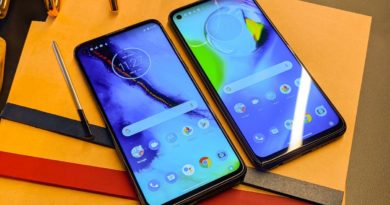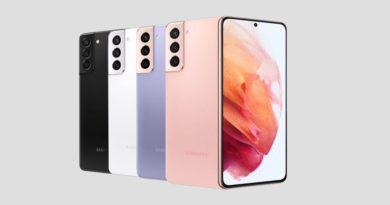Apple and Google team up to fight coronavirus with contact tracing
Today, Apple and Google announced a surprising collaboration: the two will unite to bring contact tracing to their smartphones in order to fight coronavirus. And both companies are committed to doing so while respecting user privacy.
In posts made by both Apple and Google, the companies declared “a joint effort to enable the use of Bluetooth technology to help governments and health agencies reduce the spread of the virus, with user privacy and security central to the design.”
While contact tracing has come up in conversation before, concern over handing over too much access to our phones has sparked debate over the ethics of this method.
Apple has shared multiple white-paper documents online, and the press release hammers home on privacy.
“Privacy, transparency, and consent are of utmost importance in this effort, and we look forward to building this functionality in consultation with interested stakeholders,” reads Apple’s statement. “We will openly publish information about our work for others to analyze.”
Historically, privacy has been something Apple and Google have clashed over, including over how much user data Apple wanted Google to get from the Maps app on iPhones. This eventually led to the creation of Apple Maps.
The release continues, stating that “Since COVID-19 can be transmitted through close proximity to affected individuals, public health officials have identified contact tracing as a valuable tool to help contain its spread.”
Contact tracing, in this implementation, uses Bluetooth communications to create an opt-in network, and official apps from health authorities will get access to this data.
The contact tracing will become more powerful, it seems, because of Apple and Google releasing APIs “that enable interoperability between Android and iOS devices using apps from public health authorities.” This part of the process is scheduled to begin in May.
Then, folks who download and use these apps can use them to report if they’ve been diagnosed with COVID-19. This is then used to alert other participants if they’ve been in close contact with someone who has become infected.
While that process might expect a lot of public action and participation, it’s certainly better than doing nothing.
After that, in the months that follow, Apple and Google’s collaboration will seek to “enable a broader Bluetooth-based contact tracing platform” by building a similar functionality directly into their respective operating systems. According to the press releases, this is “a more robust solution than an API and would allow more individuals to participate, if they choose to opt in.”
But, as Casey Newton at The Verge reports, Bluetooth may not be the best solution — even though this method is arguably better for personal privacy — as its distance limitations could enable false-positives.

